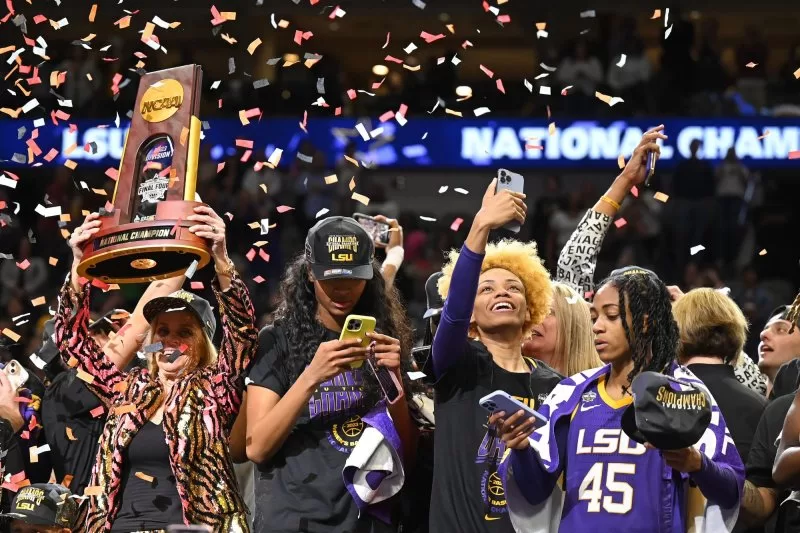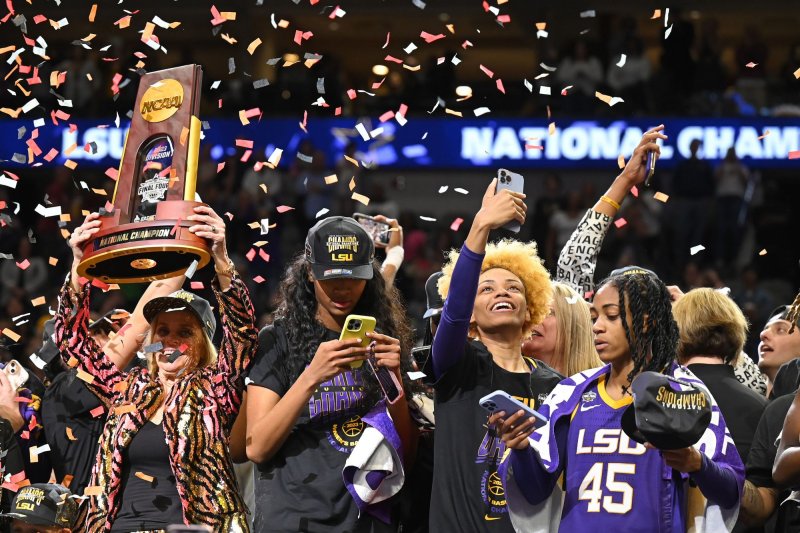The NCAA and the five conferences it governs agreed to a landmark antitrust settlement Thursday night that allows student athletes to be directly paid. It must still be approved by a federal judge. File Photo by Ian Halperin/UPI |
License PhotoMay 24 (UPI) — The National Collegiate Athletics Association and the five college athlete conferences agreed to settle antitrust cases that will allow student-athletes to be paid, profoundly changing college sports.
The agreement, announced Thursday night, includes $2.8 billion in damages to be paid to current and former athletes, settling three antitrust cases.
“The five autonomy conferences and the NCAA agreeing to settlement terms is an important step in the continuing reform of college sports that will provide benefits to student-athletes and provide clarity in college athletics across all divisions for years to come. This settlement is also a road map for college sports leaders and Congress to ensure this uniquely American institution can continue to provide unmatched opportunity for millions of students,” the NCAA and the five conferences said, in a joint statement.
Student-athletes Grant House and Sedona Prince sued the NCAA, Big Ten, the Pac-12, Big 12, Atlantic Coast and Southeastern Coast, over lack of compensation for their name, image and likeness, focused on the huge NCAA revenue for broadcasting the March Madness tournament. That included an 8-year extension deal valued at $8.8 billion.
The settlement must still be approved by Judge Claudia Wilken, who is presiding over the antitrust cases.
Much work must be completed to implement the settlement, with lawyers for the parties expected to work out the details over the next four to six weeks.
If approved, a new revenue-sharing model for student-athletes could begin as soon as fall 2025.
“All of Division I made today’s progress possible, and we all have work to do to implement the terms of the agreement as the legal process continues,” the NCAA and five conferences statement said. “We look forward to working with our various student-athlete leadership groups to write the next chapter of college sports.”

